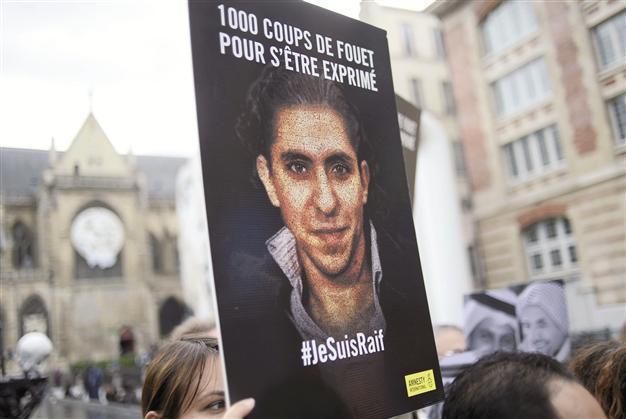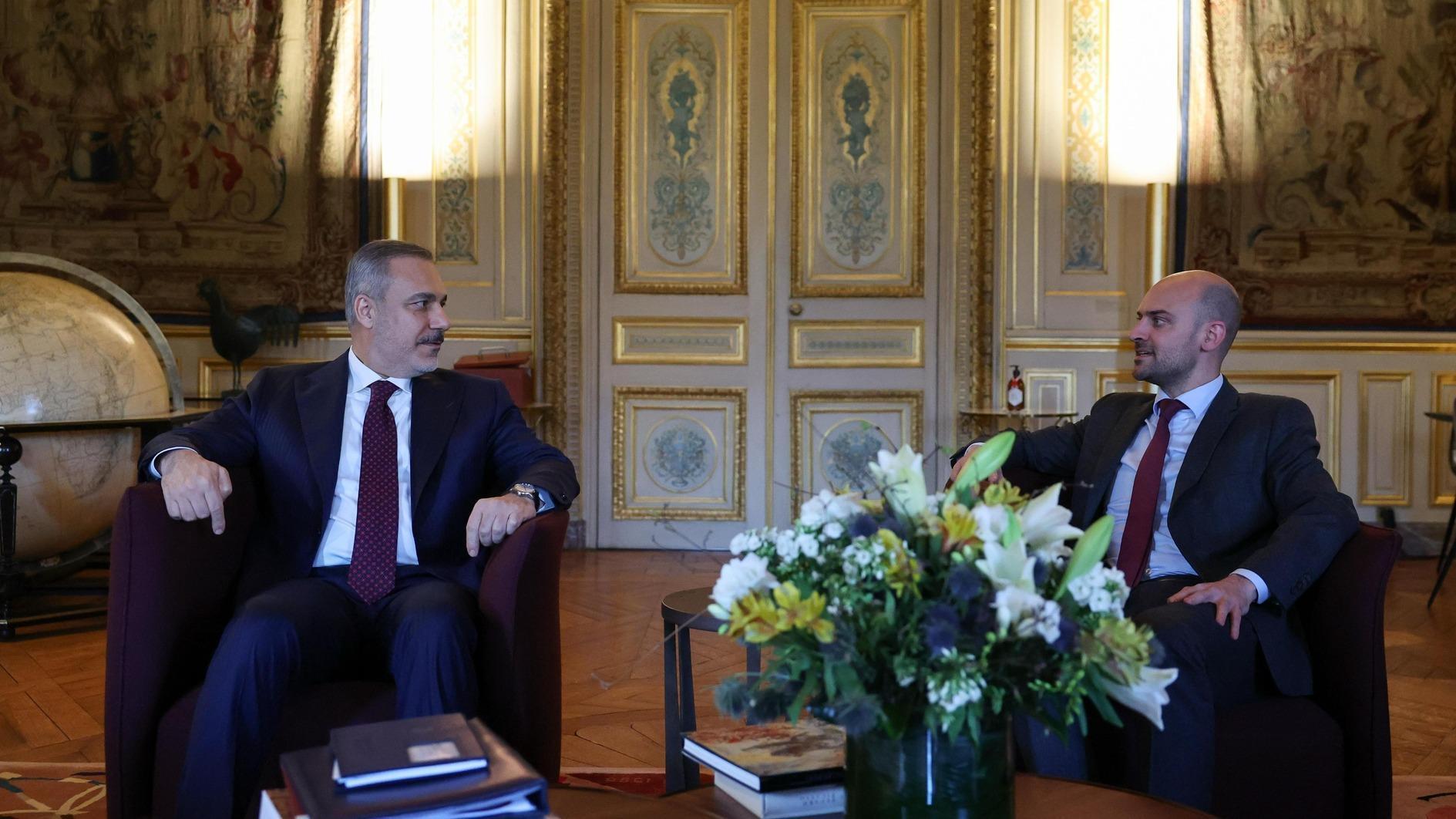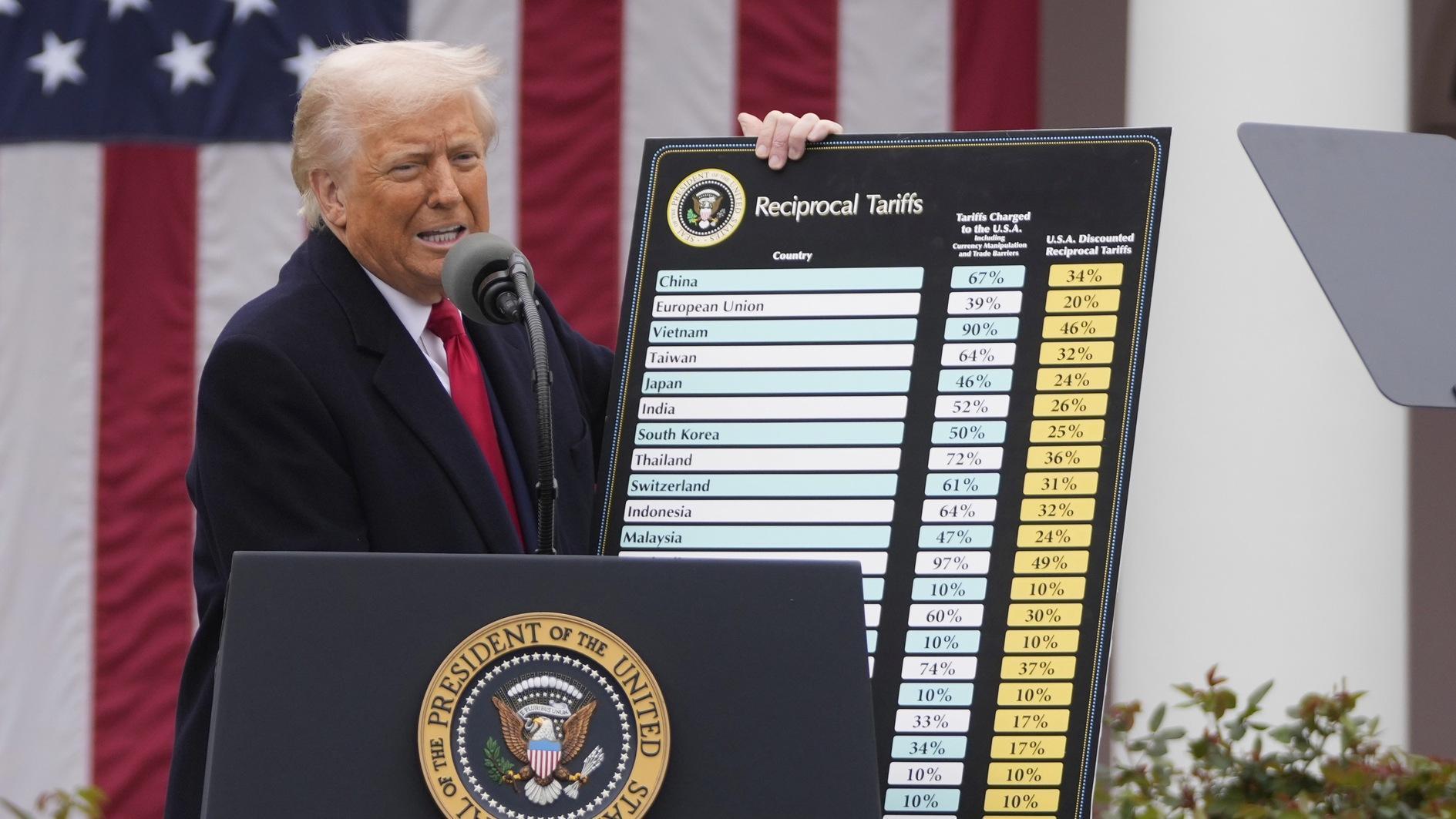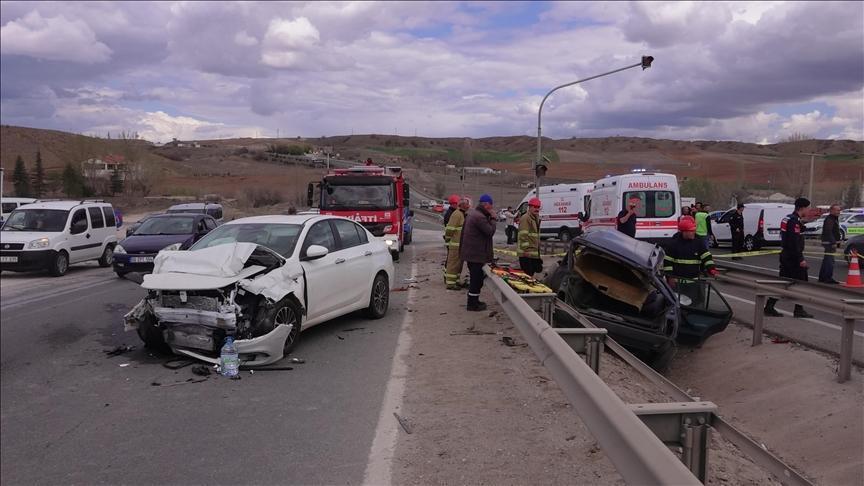Deutsche Welle’s Bobs award honors online activists
Sevil Erkuş - BONN

AFP photo
Raif Badawi, a 31-year-old Saudi blogger and the creator of the website Free Saudi Liberals, was sentenced to 10 years in prison and flogged in public 50 times simply for blogging about free speech.He has 950 more lashes, which have been postponed due to Badawi’s poor health.
The Saudi blogger was arrested in June 2012 and brought to court on several charges, including apostasy, as he was found guilty of promoting liberal ideas and insulting Islamic religious figures through electronic channels.
The Internet is enriching online activists around the world as they use the platform to share their struggles and experiences with others in a bid to raise awareness against oppression.
Deutsche Welle’s (DW)11th annual The Bobs - Best of Online Activism- Awards honored four international online activists at the Global Media Forum on June 23.
DW bestowed its first Freedom of Speech Award on Saudi blogger Raif Badawi, yet, he could not make the trip to Germany to receive his prize because of his 10-year prison sentence, 1,000 lashes, a fine of over a quarter million dollars, and a ban on using any kind of media or travelling until 2034.
Human Rights Watch stated that Badawi’s website had hosted material criticizing “senior religious figures. In 2010, the blogger argued in favor of ‘secularism [as] the most important refuge for citizens of a country.’”
Badawi’s wife, Ensaf Haidar sent a video message from Canada, where she obtained political asylum. “Do not forget Raif’s case – his fate and the fate of his children is in your hands,” she said.
“I very much hope that many journalists and activists try to live up to his example and do not cease dedicating themselves to defending the right to free speech,” Jochen Wegner, editor-in-chief of zeit.de, said at the ceremony.
Bangladeshi bloggers at risk due to radicals
Rafida Bonya Ahmed from Bangladesh, another prominent advocate of freedom of speech, received the Bob Award in the Social Change category. She is a leading contributor on Mukto Mona, a free-thinking internet community founded by her husband, Avijit Roy, who was brutally murdered in Dhaka on February 26.
At the time, the couple lived in the U.S. and was visiting Dhaka only to attend the book festival. Ahmed was severely injured in the attack that claimed her husband’s life.
Avijit Roy was an intellectual atheist who promoted science and secularism on his blog. A local hardline religious group had praised the killing in an online message.
The blog reports in a critical, journalistic way on secular and scientific issues.
“My husband would be very happy to have received this award,” said Ahmed. She is still receiving treatment for injuries of the attack. It wasn’t herself that she saw in the most danger, despite being on the list of bloggers drawn up by Islamist extremists in Bangladesh, Ahmed said.
“I am here. I am not worried about myself. I am worried about the bloggers in Bangladesh.”
Speaking at the ceremony, Ahmed cited 84 bloggers threatened by Islamist fundamentalists for death in the country, nine of whom have already been murdered.
The award awarded recognizes “the men and women who continue to work despite the danger they are in Shahidul Alam,” the Bobs’ Bengali-language jury member said.
Bobs award goes to “Zaytoun, the little refugee”
In the Arts & Media category, another Bobs award went to a team of independent media makers for creatively highlighting the plight of refugees caught in the Syrian civil war.
The video game, “Zaytoun, the little refugee,” gives players, who follow the journey of a little refugee boy, an understanding of the trials faced by people of Palestine and Syria.
The video game, created by a group of Syrian, Palestinian and Spanish activists, shares the story of Zaytoun who was forced to flee after the Syrian regime destroyed his house in the Yarmouk refugee camp and killed many of his Syrian friends.
Mohamed Tayeb of the @ZaytounGang received the award for the video game. He was once a refugee in Syria’s Yarmouk camp and is now a refugee in Spain.
Tayeb said he covered his face both because of security reasons and to be a common face of refugees in Syria and other parts of the world who are not recognized by the international community.
It’s time to cancel passports and nationalities and be humans,” he said. “We’re all humans.”
The Mexican website Rancho Electrónico, a Mexican volunteer collective dedicated to increasing awareness and understanding of digital technology and the protection of privacy, won in the Privacy & Security category.
The platform’s provided a hacker-space in Mexico City along with social media to help women and marginalized populations on steps take steps to overcome Mexico’s digital divide. They produce detailed reports on data security, encryption and surveillance in Mexico and hold workshops to both meet with locals and create a community concerned about privacy.
















